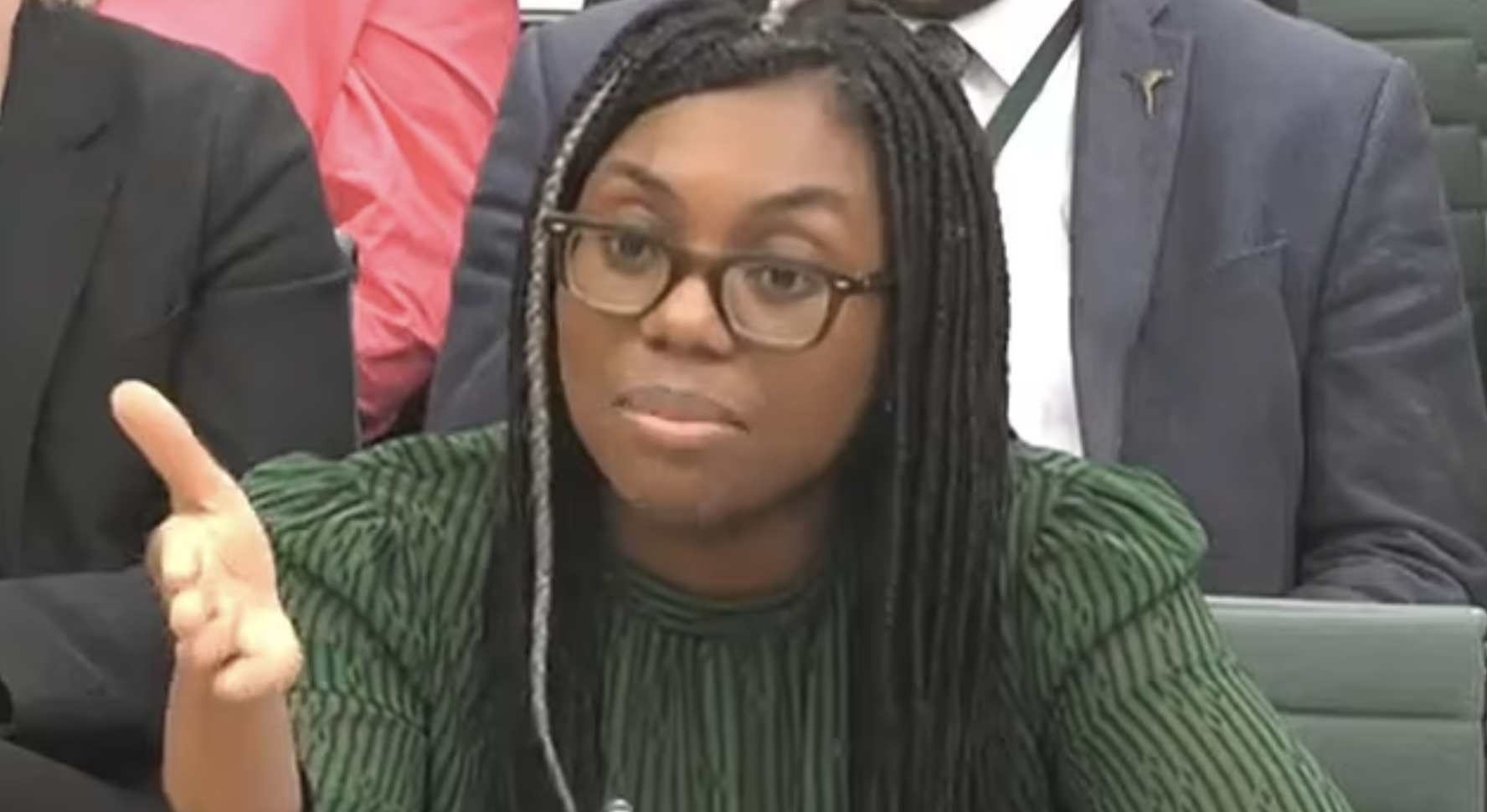“Liar” isn’t a word voiced in Parliament often, at least not by politicians within earshot of the public. But on Wednesday, during a Women and Equalities Select Committee hearing, Kate Osborne MP complained that Equalities Minister Kemi Badenoch had accused her of lying, and of being a liar. This followed an acrimonious — and thoroughly entertaining — exchange.
Osborne railed against the minister, accusing her of “using inflammatory language that likens children and young people coming out as trans to the spread of a disease”. To which Badenoch replied: “I have never said that. That is a lie.” With the weary air of a kindergarten teacher reprimanding toddlers, the minister went on to remind the committee “we have to use facts in this room, we can’t just make stuff up”. After Badenoch asked Osborne when and where she had apparently made a statement using the word “disease”, she received a muffled and incoherent response.
Badenoch has never compared “children coming out as trans” to a disease. She has, however, referred to the surge in referrals to NHS gender identity services as “almost an epidemic”. And while it might be an emotive word, there has been a 1,607% increase across the past decade in referrals to NHS Gender Identity Services (Gids) at the NHS Tavistock and Portman Foundation Trust. Although the Tavistock clinic has now been shut following a report which slammed the service as “not safe” for children, there are still 8,000 youngsters on the NHS waiting list for help with gender confusion. This unprecedented rise in need for Gids can rightly be understood as an “epidemic”.
More widely, “epidemic” is one of those words that gets lazily tossed around by politicians. Osborne has herself referred to a drink “spiking epidemic”, a “child poverty epidemic” and an “epidemic of violence against women and girls”. Yet outside of the murky depths of social media, no one would seriously accuse Osborne of suggesting that the victims of drink spiking, children living in poverty or female survivors of male violence are diseased.
In accusing Osborne of lying, Badenoch breached the political etiquette of parliamentary debates. But in doing so she gave a voice to the powerless. To young detransitioners such as Keira Bell living with the medical consequences of taking experimental puberty blocking drugs and hormones. To the teachers and clinicians who fear losing their jobs if they fail to affirm the children in their care who believe they’re the wrong sex. And to the families living in terror that social services might take their sons and daughters into care if they challenge the idea that they are trans. In batting away Osborne in such a fashion, Badenoch was merely standing up for the truth.











Join the discussion
Join like minded readers that support our journalism by becoming a paid subscriber
To join the discussion in the comments, become a paid subscriber.
Join like minded readers that support our journalism, read unlimited articles and enjoy other subscriber-only benefits.
Subscribe